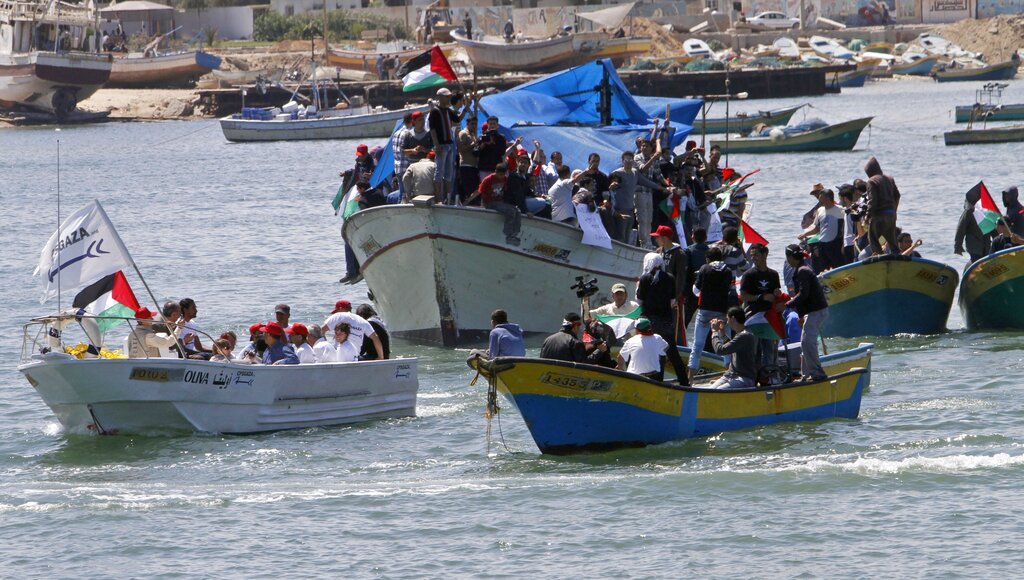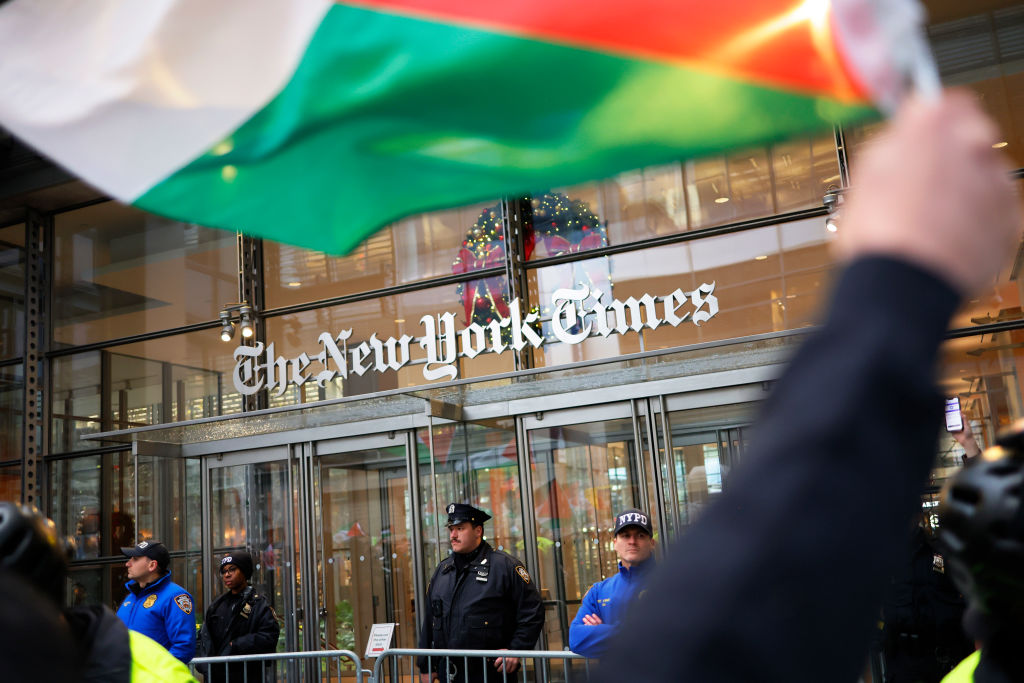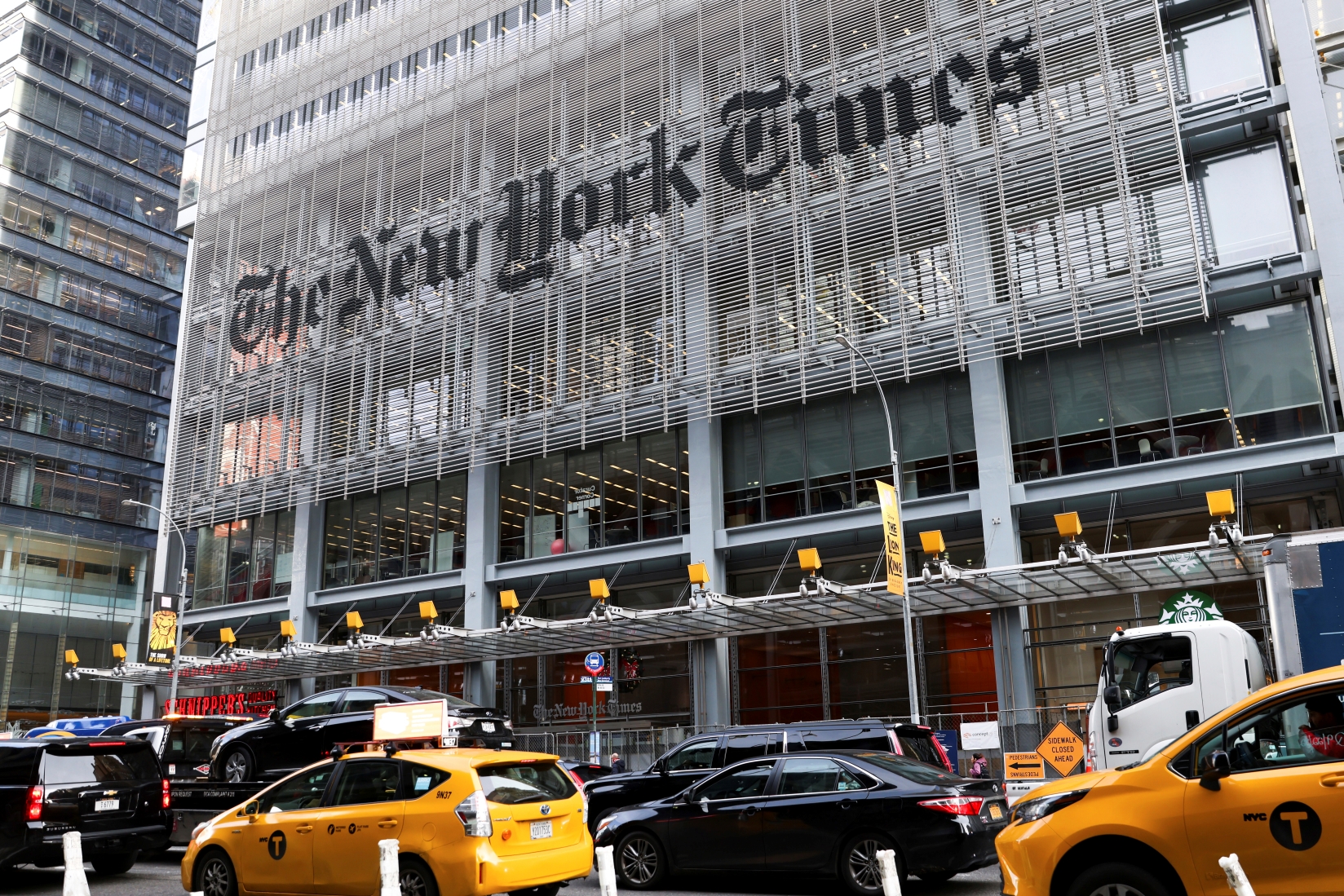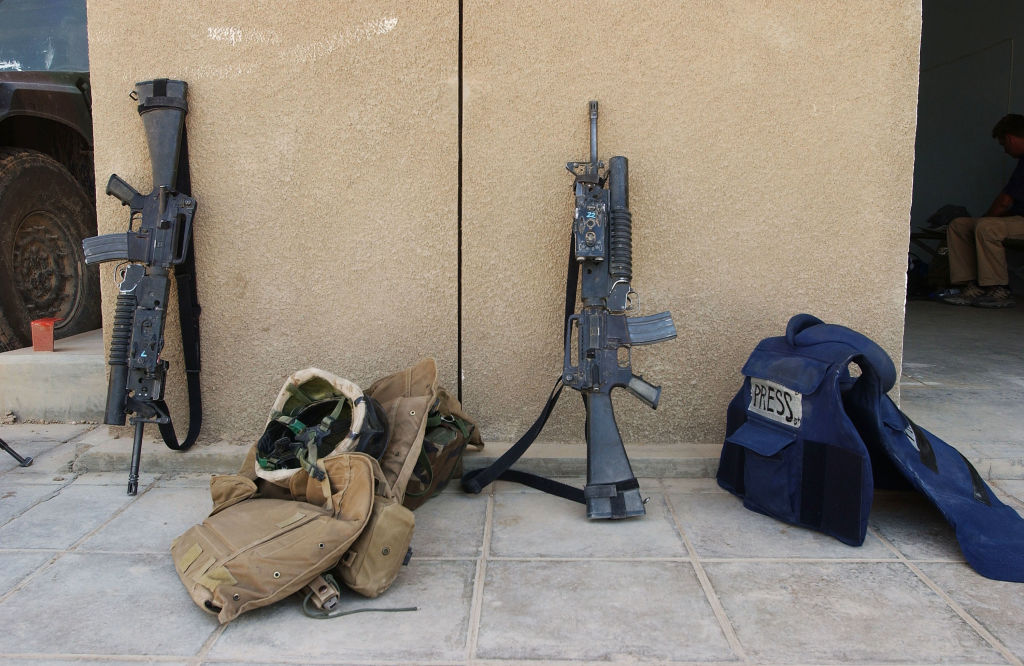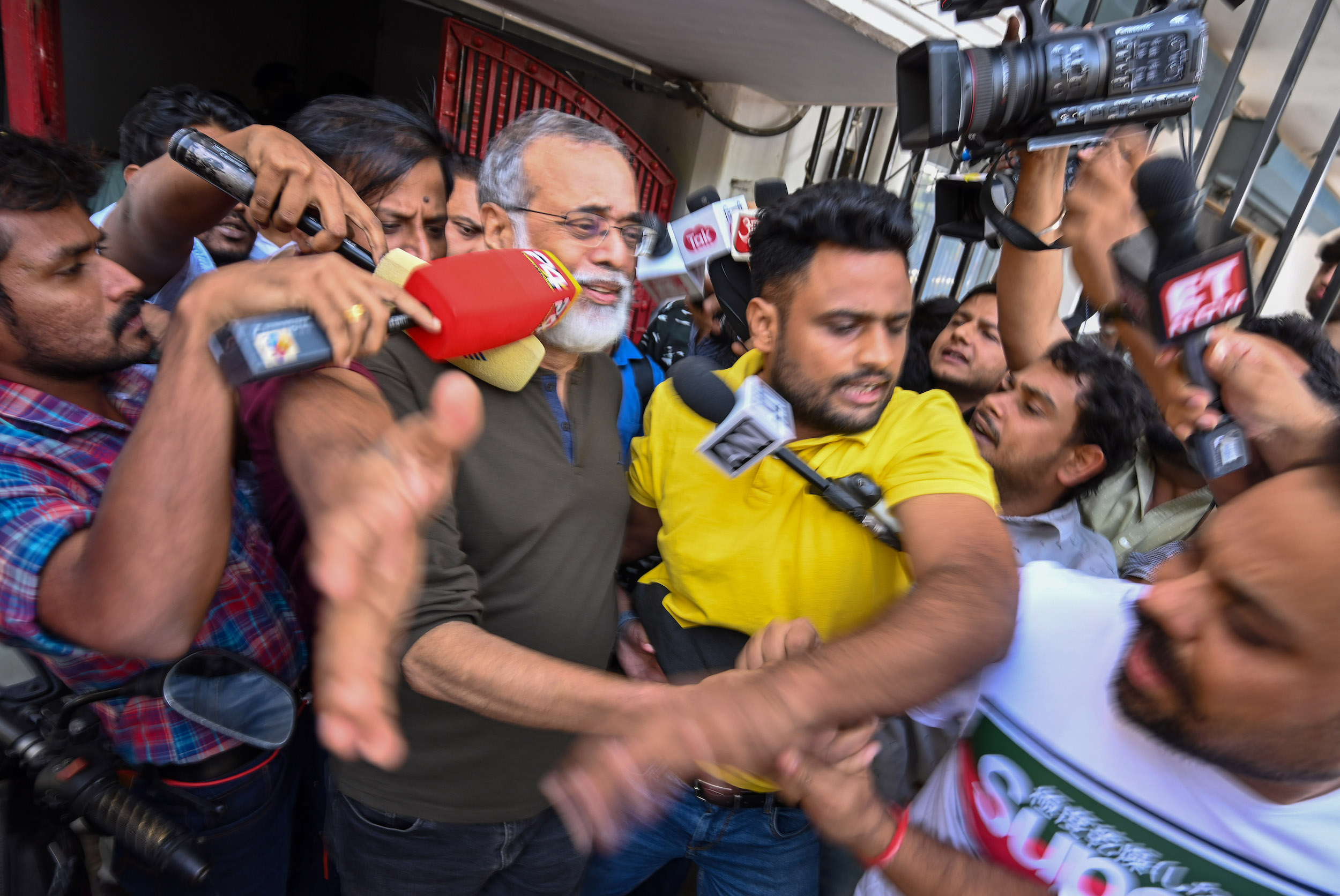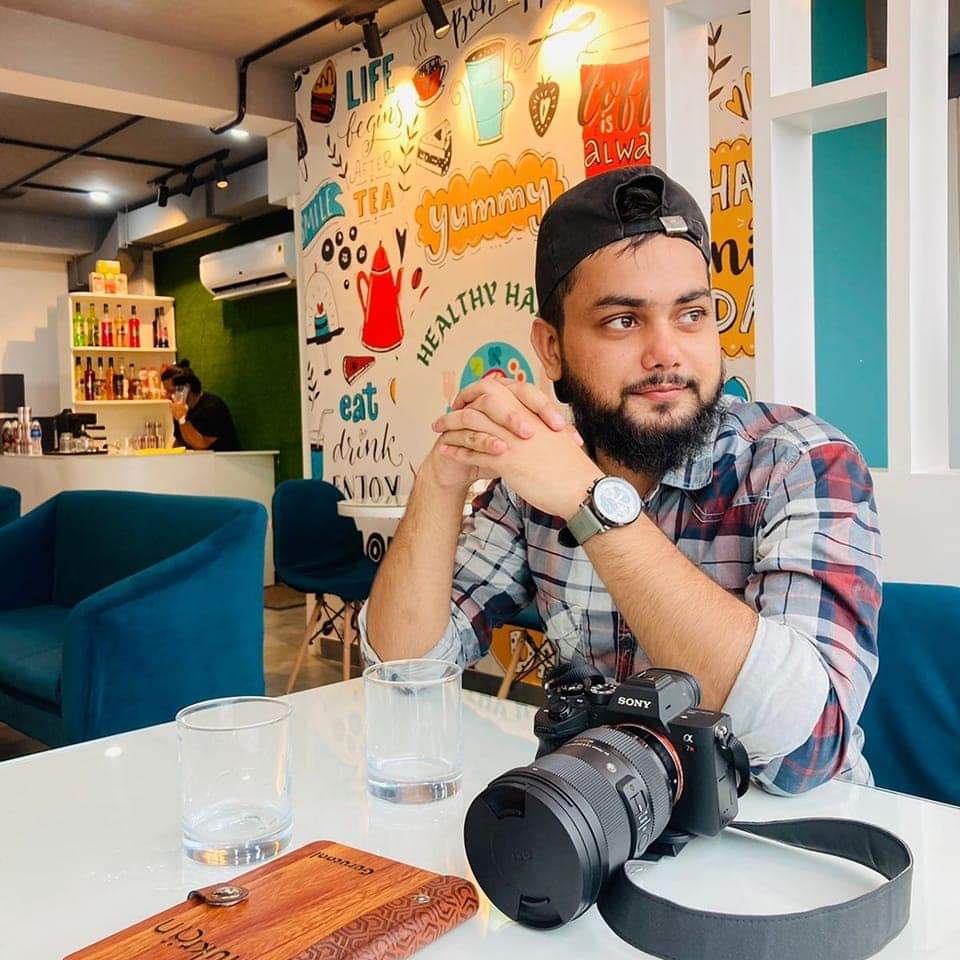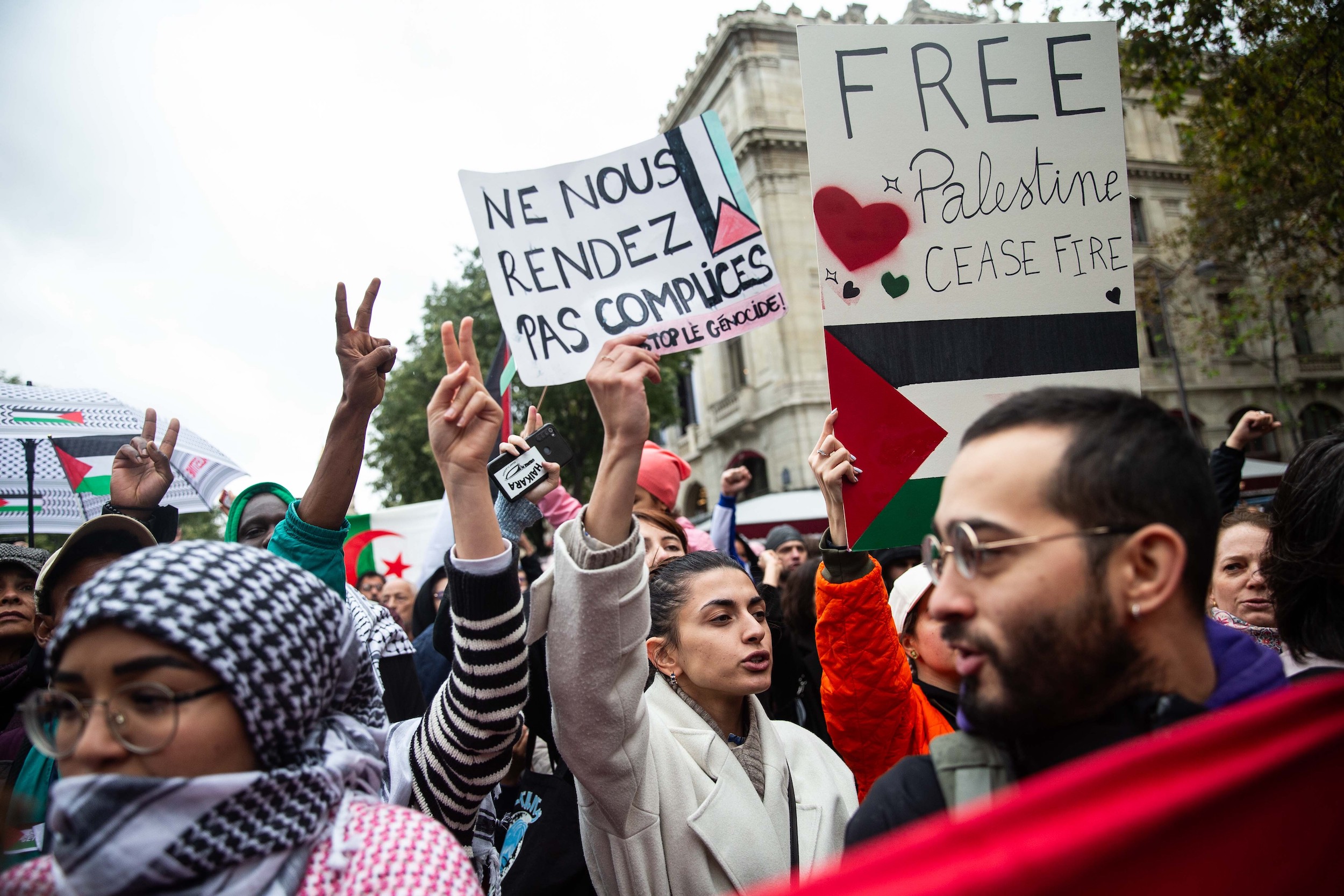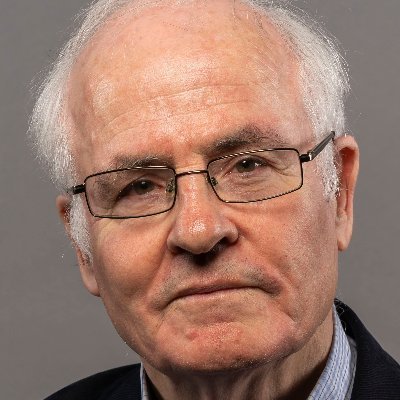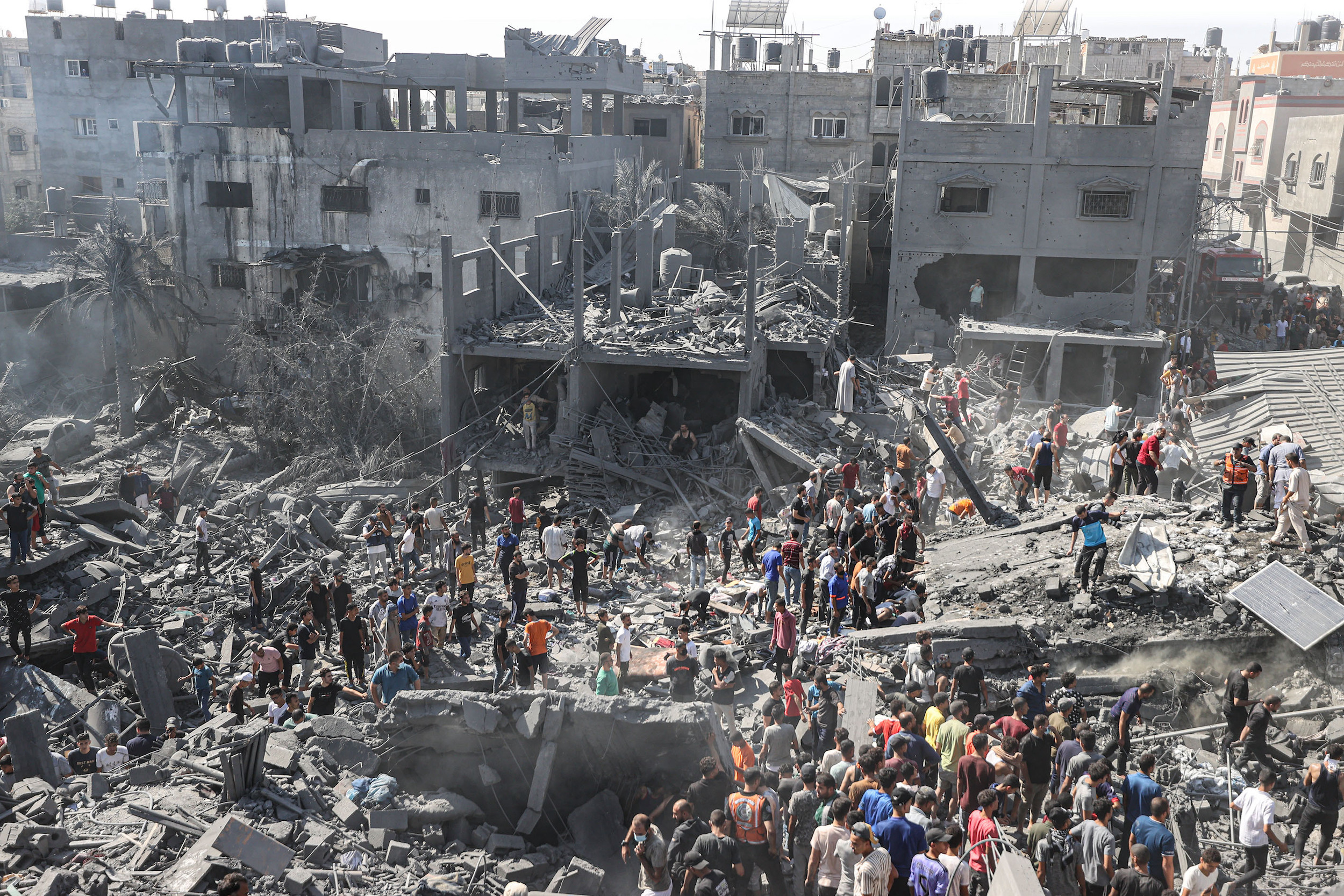While global media organisations continue to fly in their own correspondents, relying on local journalists only for translation and ‘fixing’, the world will never get to know the real stories happening in the Global South.
Around this time last year, I received a pitch from a Damascus-based journalist for an article about several women-led initiatives in Syria to support the victims of ‘sextortion’, where young women are persuaded to send someone nude or sexualised images of themselves and are then blackmailed. It is a problem which has been on the rise in Syria and which was worsened during the pandemic.
I learned that these initiatives had been going on for a year but I knew nothing about them.
After the publication of the story in DW through Egab - a media start-up I launched last year to help local journalists from across the Middle East and Africa to publish in international media outlets - the journalist was invited to speak about the story at an online talk organised by the Berlin-based Digital Arabia Network about cybercrimes against women.
One of the participants commented that this was the first time she had ever attended an event at which someone from inside Syria was speaking and, what was even more interesting to her was that it was about something other than the war.
It was refreshing to hear that. We quite often forget that there are ordinary people living in the countries that the media reduce to conflicts and wars. And this is not just happening in the case of Syria; most of the countries in the Global South become reduced in this way.
For example, Yemen for most people around the world means war and malnutrition. I bet most people would never know that there are divorce parties taking place in Yemen amid a rise in divorce rates, in defiance of the social stigma for women who separate from their husbands; I was surprised too when I read this story.
But what’s common between the story about sextortion in Syria and divorce in Yemen is that they were written by local people.
Double standards
The reason one rarely gets to hear these different sorts of stories in international media, is that global media outlets are still relying on “parachute” reporters to cover already-known stories.
The prevalent model in international media’s coverage of the Global South is that local journalists’ role is largely limited to “fixers”.
We never seem to question why Western media outlets choose to send their own reporters and employ so-called “fixers” in the Global South to provide translation, set up interviews and quite often provide crucial local insights and access to characters without whom the story would not work.
Why is it ok for international media outlets to use the expertise of locals to publish or broadcast a report under a Western correspondent’s name instead of investing in locals to tell their own stories?
It is unheard of for an Indian, Egyptian or Nigerian journalist to descend on London or Washington to cover a story, and to employ a local fixer to facilitate the reporting.
Indeed, it would be unimaginable for a non-English-speaking journalist to be sent to London or New York to cover events there.
Can you imagine it?
That is the question I put to an experienced British producer last year when I was attending an online training course on making documentaries.
It is unheard of for an Indian, Egyptian or Nigerian journalist to descend on London or Washington to cover a story, and to employ a local fixer to facilitate the reporting
In one of the sessions I attended, the trainer spoke about how to interact with locals and the importance of having a fixer and translator if you don’t speak the language. She was speaking about a documentary that had been filmed in an African country.
I asked: “Have you ever heard of a journalist going to cover a story in the UK without being able to speak English?” She replied – without hesitation: “No, I’ve never heard of that!” I remember vividly the look of confusion and dismay on her face at the very idea.
I totally understand why the idea seemed quite absurd to her. Because it is indeed absurd to send someone to cover a story in a country where they cannot understand the language. It should be a basic requirement really.
But this absurd idea suddenly becomes normal and acceptable when it is the other way around - when a Western journalist travels to South-East Asia, or Africa for example. We call this “parachute journalism” and, while it has been standard practice for decades, in the global world we live in, it is no longer acceptable.
You might argue that the ability to speak English is not comparable with, for example, the ability to speak Swahili. English is one of the most widely spoken languages in the world. But that doesn’t explain why a media outlet would send a parachute journalist when, instead, they could allow the journalists of the foreign country to tell their own stories.
I had to be able to speak good English before I could secure a job at the BBC 15 years ago. A recent job advertisement for a “multimedia journalist - in freelance work” at Deutsche Welle’s Arabic’s multimedia talk show, Jaafar Talk, stipulated that candidates must have a very good knowledge of both German and English in addition to Arabic, even though the show is in Arabic.
So it’s only fair that if someone wants to become a Middle East reporter, for example, that they should also be expected to speak good Arabic.
Reinforcing stereotypes
Relying on parachute journalists from Western media outlets to drive the news narrative on a global level is dangerous, as we have seen with issues such as Guantanamo Bay during the years following the 9/11 terrorist attacks in New York. It’s also bad journalism.
I lived in London from 2015 to 2019, during the peak of Brexit. Had I been asked to cover Brexit at the time - for any news outlet, British or Middle Eastern - I would have almost certainly declined.
Brexit is a highly complex and culturally nuanced subject. If I were to attempt to report on it from my very narrow non-British, London-based lens, I could have provided only superficial reporting at best.
What I would have felt more confident reporting about was, for example, how Arab diaspora communities in London viewed the vote. That is a story that I could have covered while respecting all its nuances and complexities because I was familiar with that community.
That’s why, most of the time, the coverage we see from international media of countries in the Global South is too often oversimplified and generalised.
I travelled to the US in October 2019 to attend the Solutions Journalism Summit - an annual conference organised by the Solutions Journalism Network - and while there I was asked for the umpteenth time about whether I am “allowed” to dress the way I was - ie in a jumper and jeans with my hair uncovered - back home, in Egypt. This is a question I also encountered when I was in the US on a student programme in 2004; 15 years later, still the same question. I don’t blame people who ask. On the contrary, I thank them for asking rather than assuming. But I do blame the Western media that keeps portraying Arab Muslim women as oppressed and forced to be covered up until they take a plane to fly to a free Western land.
Relying on parachute journalists from Western media outlets to drive the news narrative on a global level is dangerous. It’s also bad journalism
Social media has its part to play in all of this. We find correspondents relying on the views of the Twitter “elite”. Instead of having the media burst our social media bubbles to show us realities and perspectives that we don’t get amid all the algorithms controlling the content we are exposed to, what we get are confirmations of our biases. No wonder more and more communities are suffering from polarisation - just look at Brexit Britain and Trump America.
The problem with ‘fixers’
Another problem with the parachute journalism model is that after a while fixers become very familiar with what kinds of guests and interviewees foreign media are after and they keep offering the same kind to ensure they keep the foreign reporters happy.
And, because the job pays well, they stop developing their skills as potential journalists in their own right. A fixer can earn hundreds of dollars per day for their work, which may be a great deal more than what he or she could earn as a reporter with a local news outlet.
So, the parachute journalism model adopted by international media not only manufactures the stereotypical, shallow coverage we frequently see, but also contributes to the deteriorating quality of local journalists. Or at least the non-investment in local journalism.
It’s about time news organisations that brand themselves as international take a long, hard look at how they cover the Global South.
International media outlets must start extending their commitment to diversity and inclusion beyond the borders of their own countries.
True diversity and inclusion means empowering local journalists in Global South countries to tell their own stories, with all the understanding of the complexities and social nuances that can bring. Instead of hiring fixers, train and develop local journalists to tell you the stories that matter to their own communities rather than the story that will please the (Western) editor.
If we as an industry want to win the trust of our audiences, we need to start holding ourselves accountable in the same way we hold those in power to account.
Dina Aboughazala is an Egyptian journalist
The views expressed in this article are the author’s own and do not necessarily reflect Al Jazeera Journalism Review’s editorial stance
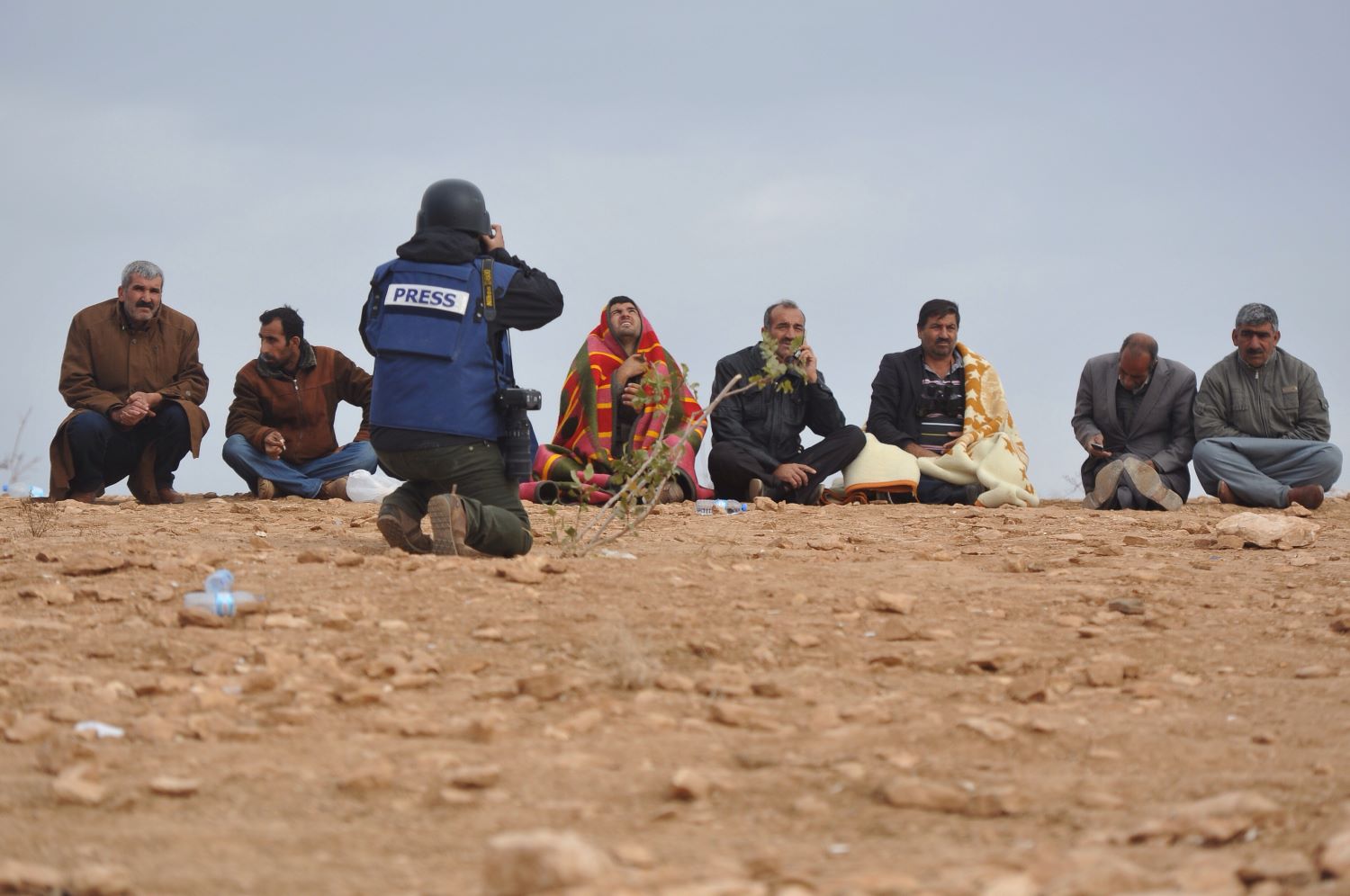






















![A demonstration against Israel's war on Gaza on Paulista Avenue in São Paulo on November 4, 2023, draws attention to the deaths of children while the media focuses on the war against terrorists. [Photo: Lina Bakr]](/sites/default/files/ajr/2024/Picture1.png)

